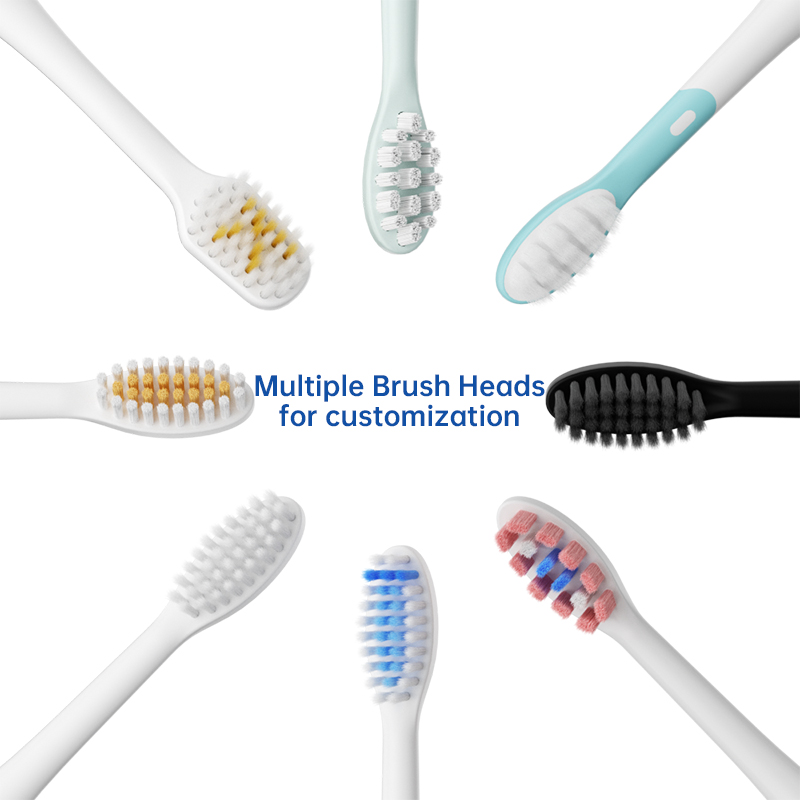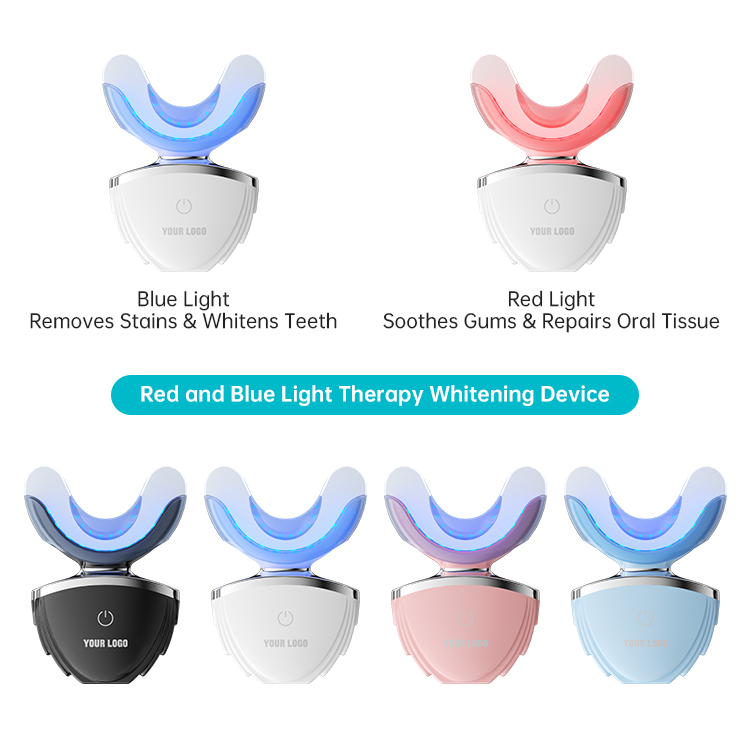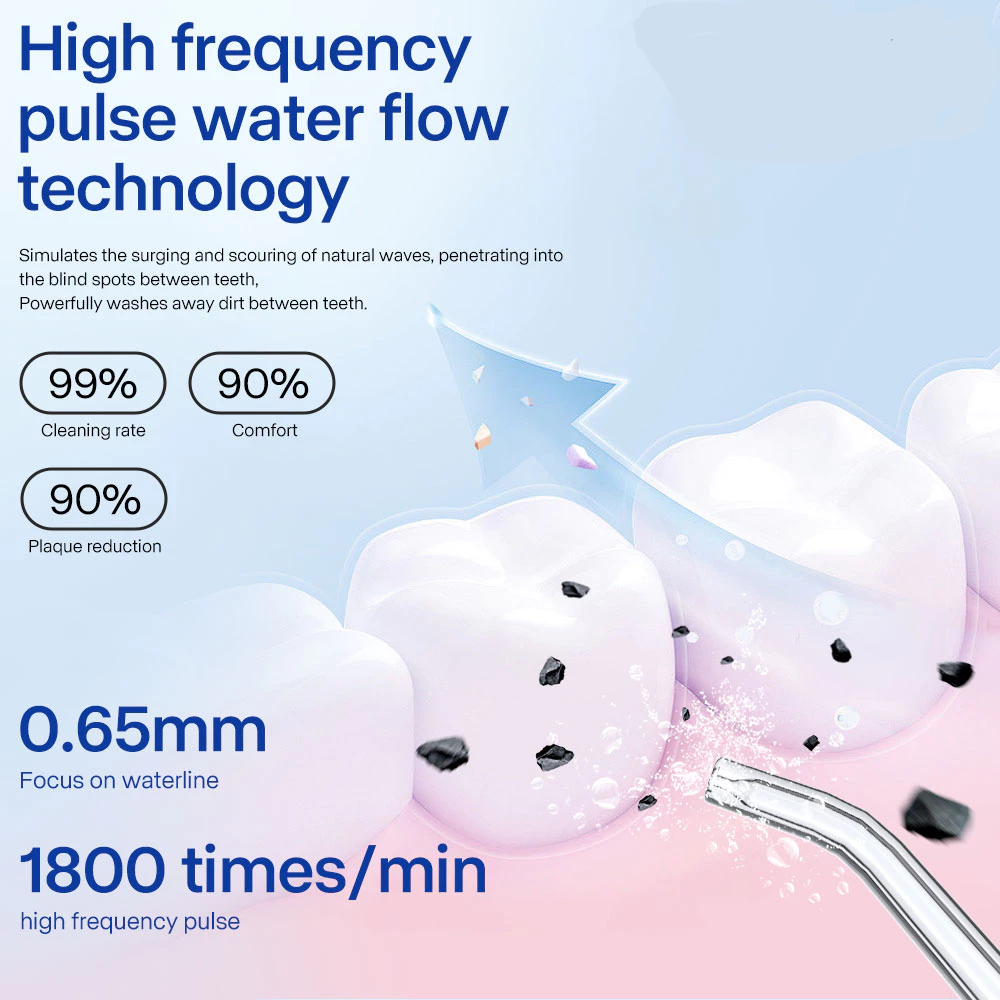When you plan Oakland toothbrush deals, one obvious question from retail buyers and distributors is whether the promotion can be positioned as California tax-free to boost conversion. Practically speaking, toothbrushes and most personal-care appliances are treated as taxable tangible personal property in California, so “tax-free” outcomes are limited and usually require a specific legal exemption, a targeted holiday, or precise resale/fulfillment mechanics. Below is a pragmatic B2B playbook (xx-xx-xx) that walks procurement, merchandising and legal teams through the levers, the risks, and the operational steps to run compliant, high-impact Oakland promotions.
First, set expectations: California’s sales and use tax applies to retail sales of tangible personal property unless a statute explicitly exempts the item. Toothbrushes and similar personal-care goods are normally taxable, and retail partners should assume tax will apply unless you have a narrow, documented exemption. In practice this means an Oakland toothbrush deal that relies on “tax-free” as a headline will usually not pass muster unless it’s structured around an applicable exemption or legal holiday.
Some states run broad “tax-free weekends,” but California historically has not supported a general retail tax-free weekend for items like personal-care products; recent California legislation (e.g., school-supply exemptions) targets narrowly defined categories and time windows rather than general household goods. Therefore, don’t assume a statewide tax holiday will cover toothbrushes—plan promos on price/upsell mechanics, not on an expectation of waived tax. If your team is considering timing a promotion around a newly passed exemption, get the statute and CDTFA guidance in writing first.
If you still want to pursue tax-savings messaging, there are two lawful approaches to explore — each with operational tradeoffs:
A.Regulatory authorities may only leverage narrow statutory exemptions when toothbrushes are explicitly listing or fall within a clearly defined exempt category (a rare occurrence). You must obtain written CDTFA guidance and configure POS accordingly.
B. Use resale mechanics or B2B channels — items sold for resale (properly documented with a resale certificate) are not taxed at the time of sale to the reseller; however that resale certificate cannot be used to avoid tax on ordinary retail transactions. In other words, you can lawfully ship tax-free to a reseller who will resell the item — but consumers buying at retail will generally still pay sales tax. Work with your legal/tax counsel before adopting resale flows.
Because “tax-free” is rarely feasible for toothbrush SKUs in California, consider these compliant levers that produce strong conversion on Oakland promos:
Before you launch, check these B2B essentials to avoid POS friction and audits:
Sales tax misstatements can trigger audits, fines, and retailer disputes. For any Oakland promotion that even suggests a tax exemption, escalate early:
In short, Oakland toothbrush deals almost never become truly “California tax-free” for consumers unless a very narrow statutory exemption applies or the transaction routed through a legitimate resale flow. Instead, design promotions around tax-neutral levers — tax-inclusive pricing, rebates, bundles and loyalty — and defend them with the right POS, paperwork and legal signoffs. This approach delivers lift for retailers and keeps your procurement and finance teams out of audits.
If you want, I can:

Is an IPX8 Waterproof Rating Enough Without a Drop Resistance Test?
.jpg)
IPX7 waterproof toothbrush OEM | Fully Sealed Sonic Toothbrush Manufacturer

Top Water Flosser and Toothbrush Combo in San Diego?
.jpg)
Dental Care Electric Toothbrush for Grandparents
.jpg)
How to Fix Pressure Fluctuations and Flow Irregularities?
.jpg)
How to Handle Temperature Spikes and Handle Slippage?
.jpg)
Ergonomic Toothbrush Factory China – OEM & Bulk Supply

Do V-Shaped Heads Clean Braces Better?
.jpg)
Electric Toothbrush ODM Manufacturer China for Global Brand Development
.jpg)
Overbrush Habit Causing Pulp Inflammation – Irreversible?

Mitigating LED Teeth Whitening Side Effects Through OEM Design & Formulation
.jpg)
Dental Practice Gift Toothbrush Supplier for Clinics and Programs

Is a Dentist approved Mumbai seal valid for an antibacterial brush head?
.jpg)
Why Don’t Dentists Recommend Floss Picks? Insights for Oral Care Brands

Children’s Oral Care: Developing Good Oral Habits at an Early Age
.jpg)
Why Do Pediatric Warnings Address Bleach Residuals?